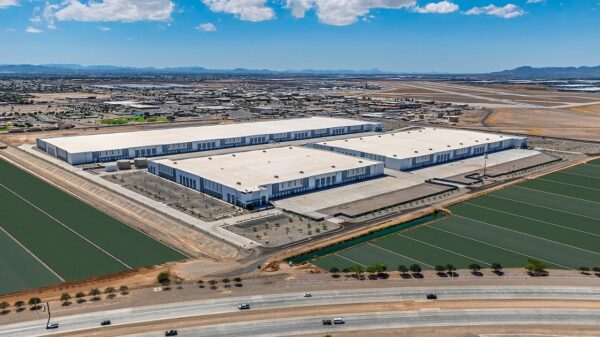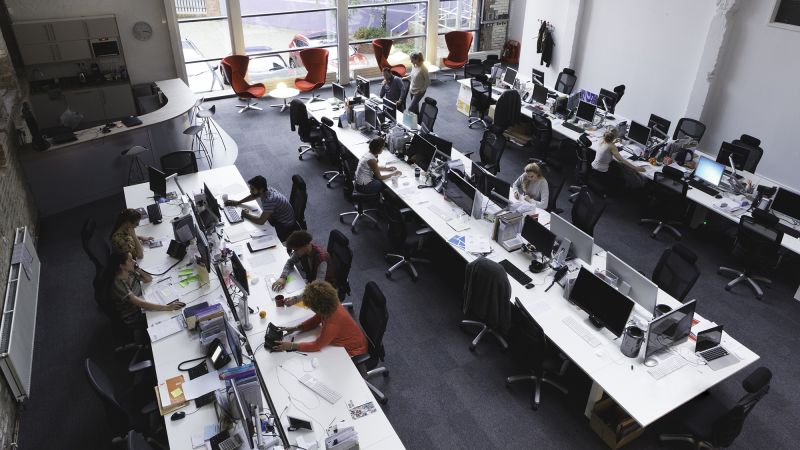The president of Cisco, Jeetu Patel, has openly criticized the narrative suggesting that artificial intelligence (AI) will lead to widespread job losses, particularly among entry-level positions. Speaking at the Ai4 conference in Las Vegas, Patel dismissed these doomsday warnings, asserting that the idea of humans becoming obsolete is fundamentally flawed. He emphasized the need for a balanced perspective on AI’s role in the workforce.
Patel’s comments follow remarks from Dario Amodei, CEO of Anthropic, who predicted that AI could cause unemployment rates to soar to as high as 20% and eliminate half of all white-collar entry-level jobs. While acknowledging the potential for “growing pains” during the transition to AI integration, Patel firmly disagreed with Amodei’s outlook. He stated, “I reject the notion that humans are going to be obsolete in like five years… It doesn’t make any sense.”
The discussion around AI’s impact on the job market is particularly relevant as entry-level hiring has seen a significant decline, down 23% from March 2020 to May 2025, according to LinkedIn. This decrease is part of a broader trend affecting new college graduates, with the unemployment rate for recent graduates now surpassing the national average for the first time since 1980, as noted by Oxford Economics.
AI’s Role in Job Market Disruption
Patel expressed concern regarding Amodei’s assertion that eliminating entry-level positions would be beneficial for companies. He argued that youth brings fresh perspectives, which are vital for innovation and adaptability in a rapidly changing technological landscape. “If you just say, ‘I’m going to eradicate all entry-level jobs,’ that’s the stupidest thing a company can do in the long term,” Patel stated.
He further explained that significant experience can sometimes hinder progress, as established professionals may cling to outdated assumptions. Patel spends considerable time mentoring younger employees and interns, appreciating their unique insights and ideas. “It would be a really bad strategy to not have early career people injected in your workplace,” he said.
Despite the optimistic outlook from Patel, some economists warn that AI may already be impacting entry-level jobs. Matthew Martin, a senior US economist at Oxford Economics, highlighted that sectors like computer science and mathematics have seen an 8% drop in employment for recent graduates since 2022, a trend not mirrored among older workers.
The Future of Work in an AI-Driven World
Economists and industry professionals agree that jobs involving repetitive tasks are most at risk of automation. Alan Ranger, vice president of marketing at Cognigy, noted that routine clerical positions are likely to disappear as companies increasingly turn to automation for efficiency. Cognigy, which provides AI solutions for customer support, demonstrated its technology’s effectiveness when it aided Lufthansa in managing a crisis earlier this year.
Despite the potential for job reduction, Ranger emphasized that AI cannot entirely replace human workers, particularly in roles requiring complex problem-solving and relationship management. “Account management and sales roles won’t get replaced anytime soon,” he said. “An AI can’t buy you a steak dinner.”
Patel concluded by underscoring the responsibility of the tech industry and society to facilitate a smooth transition into an era of advanced AI. He acknowledged the need for comprehensive retraining and reskilling initiatives in collaboration with governments and educational institutions. “The tech community has to actually take some responsibility for this,” he stated, emphasizing the importance of addressing potential societal disruptions due to technological advancements.





































































